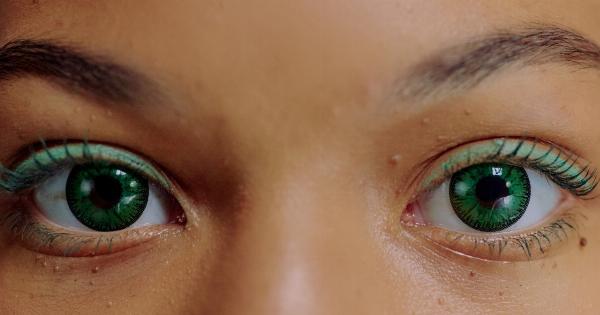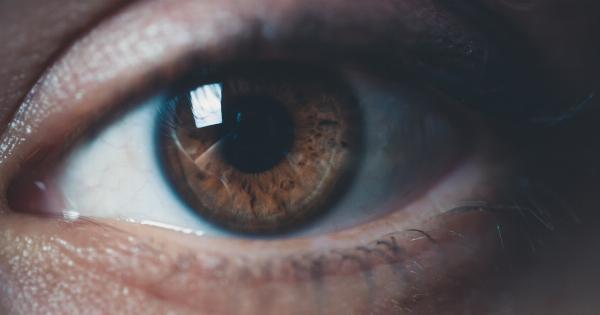Hay fever is a common condition that affects millions of people worldwide. It is caused by an allergic reaction to pollen, which can cause symptoms such as sneezing, runny nose, and itchy, watery eyes.
For people who wear contact lenses, hay fever can be particularly challenging, as it can cause irritation, discomfort, and even damage to the lenses.
What Is Hay Fever?
Hay fever, which is also known as allergic rhinitis, is an allergic reaction to pollen. When pollen enters the body, the immune system overreacts and produces histamine, which causes the symptoms associated with hay fever. These symptoms can include:.
- Sneezing
- Runny or stuffy nose
- Itchy or watery eyes
- Itchy nose, mouth, or throat
- Headache
- Fatigue
How Does Hay Fever Affect Contact Lenses?
For people who wear contact lenses, hay fever can be particularly challenging. The symptoms of hay fever, such as itchy, watery eyes and a runny nose, can cause discomfort and irritation to contact lenses.
In some cases, hay fever can even damage the lenses, making them cloudy or causing them to dry out.
One of the main problems that hay fever can cause for contact lens wearers is dry eyes. Hay fever can cause the eyes to produce less tears, which can make it difficult for contact lenses to move smoothly on the surface of the eye.
This can cause the lenses to become dry, scratchy, and uncomfortable.
In addition, hay fever can cause the eyes to become red and swollen, which can make it difficult for contact lenses to sit properly on the eyes. This can cause the lenses to move around, which can be uncomfortable and can even cause them to fall out.
What Can You Do to Manage Symptoms?
If you have hay fever and wear contact lenses, there are several things you can do to manage your symptoms and keep your lenses in good condition:.
- Use artificial tears or eye drops to keep your eyes lubricated and moist.
- Avoid rubbing your eyes, as this can cause irritation and damage to the lenses.
- Take allergy medications, such as antihistamines or decongestants, to reduce your hay fever symptoms.
- Rinse your eyes with saline solution before inserting your lenses to help remove any pollen or other allergens.
- Clean your lenses regularly as recommended by your eye doctor to prevent buildup of allergens and debris.
- Avoid wearing contact lenses during periods of high pollen count, or wear glasses instead.
When Should You See an Eye Doctor?
If you are experiencing symptoms of hay fever that are affecting your contact lenses, it is important to see your eye doctor. Your eye doctor can examine your eyes and lenses, and provide advice on how to manage your symptoms.
In some cases, your eye doctor may recommend switching to a different type of lens, or may prescribe special eye drops to help manage inflammation and irritation.
In addition, if you experience any sudden changes in vision or if your symptoms do not improve with treatment, it is important to seek medical attention right away.
The Bottom Line
Hay fever can be a challenging condition for contact lens wearers, but there are several things you can do to manage your symptoms and keep your lenses in good condition.
If you are experiencing discomfort or irritation, it is important to see your eye doctor for advice and treatment.






























